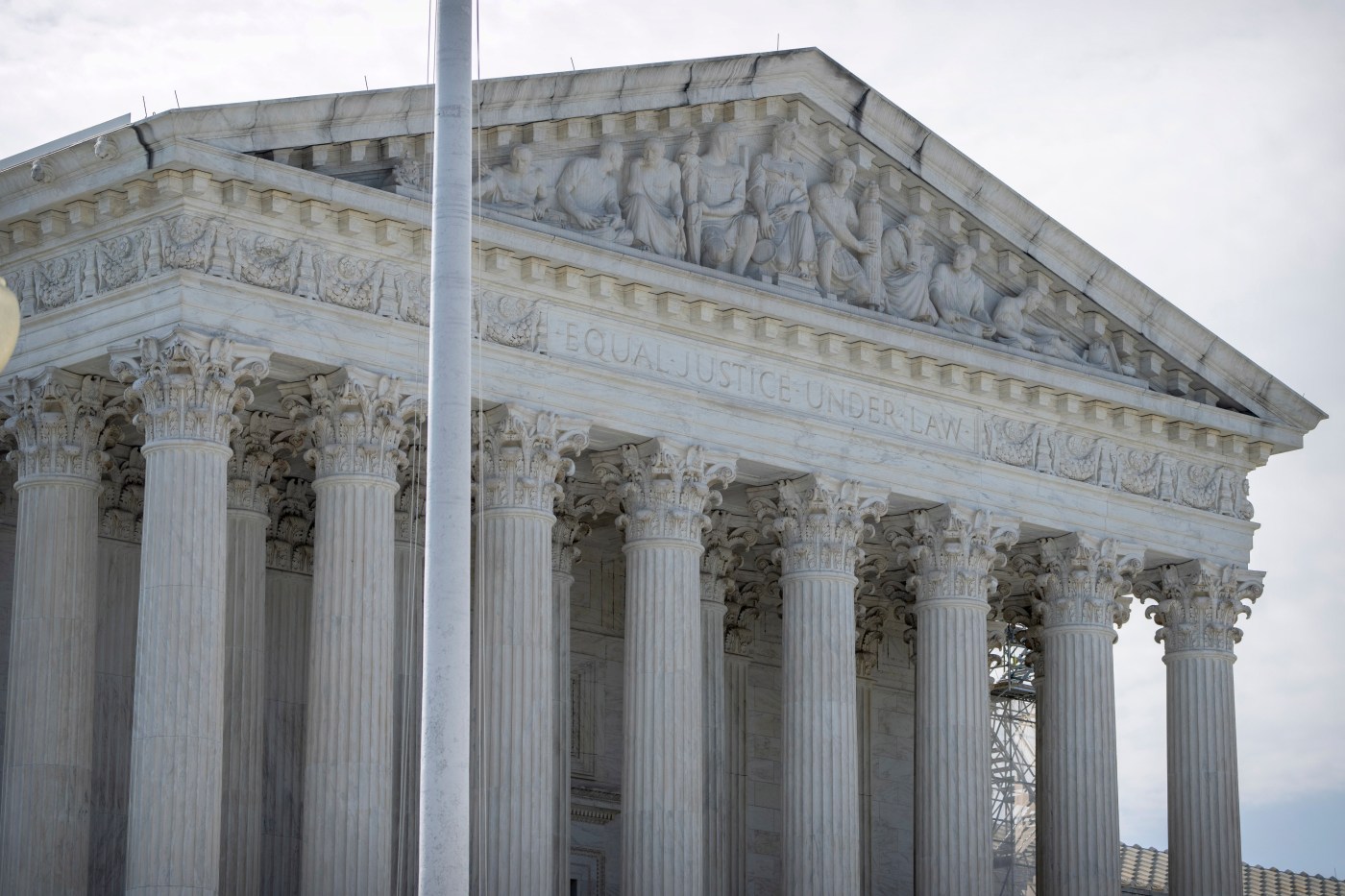
Marchand: Silver lining in High Court’s vaping rule
The Supreme Court delivered very bad news in April to the 15 million Americans desperately trying to quit smoking cigarettes. In the landmark vaping case, FDA v. Wages and White Lion (Triton Distribution), the justices unanimously held that the Food and Drug Administration did not breach its legal bounds by barring the sale of vaping products.
As a consistent advocate of harm reduction and the author of an amicus brief filed in support of the respondents, the Taxpayers Protection Alliance is disappointed in this outcome. The good news is that the court appears open to some of the arguments put forward by TPA and may consider them in future cases.
When the nine justices sat down in December to hear oral arguments in FDA v. Triton Distribution, the FDA’s case wasn’t looking too good. In guidance provided to vaping manufacturers on product approval, the FDA had stressed the importance of giving airtight marketing plans to prevent youth from getting their hands on e-cigarettes. The agency claimed these marketing plans were “critical” and stated in no uncertain terms that it “will review the marketing plan(s)” in making approval decisions.
Then, once more than 1 million product applications came in the door, the FDA did a switcheroo and completely ignored the marketing plans. It proceeded to deny all the applications, claiming that the real key to approval was statistical evidence on switching from cigarettes to vapes.
This regulatory behavior seems “arbitrary and capricious,” which refers to baseless or erratic agency actions outside the scope of the Administrative Procedure Act. The justices did not see it that way, instead holding that the FDA’s pre-decisional guidance was consistent with its subsequent product denials.
In its amicus brief, the TPA took aim at the constitutionality of the Tobacco Control Act of 2009, which instructs the FDA to evaluate e-cigarette products based on whether marketing the product would be “appropriate for the protection of the public health.”
“Public health” is a flimsy legal standard for product approvals. There’s a near-infinite list of variables that fall under the umbrella of “public health,” and it takes near-omniscience to weigh them all.
For example, it’s clear that e-cigarettes are significantly safer than cigarettes and effective at helping adult smokers kick their habit. How are regulators supposed to weigh this reality against any pitfalls of youth access? Congress provided no direction to the FDA on this question, and the result is a regulatory free-for-all.
This virtually unlimited discretion given to the FDA not only blurs the separation of powers between Congress and the executive branch and is also exceedingly vague.
The court took notice of TPA’s arguments, even if it declined to address them. In other words, there is hope the Supreme Court will take on the constitutionality of the TCA in future cases. TPA will continue fighting to strike down this sprawling statute and give smokers a chance to kick their deadly habit.
Ross Marchand is a senior fellow for the Taxpayers Protection Alliance/InsideSources

